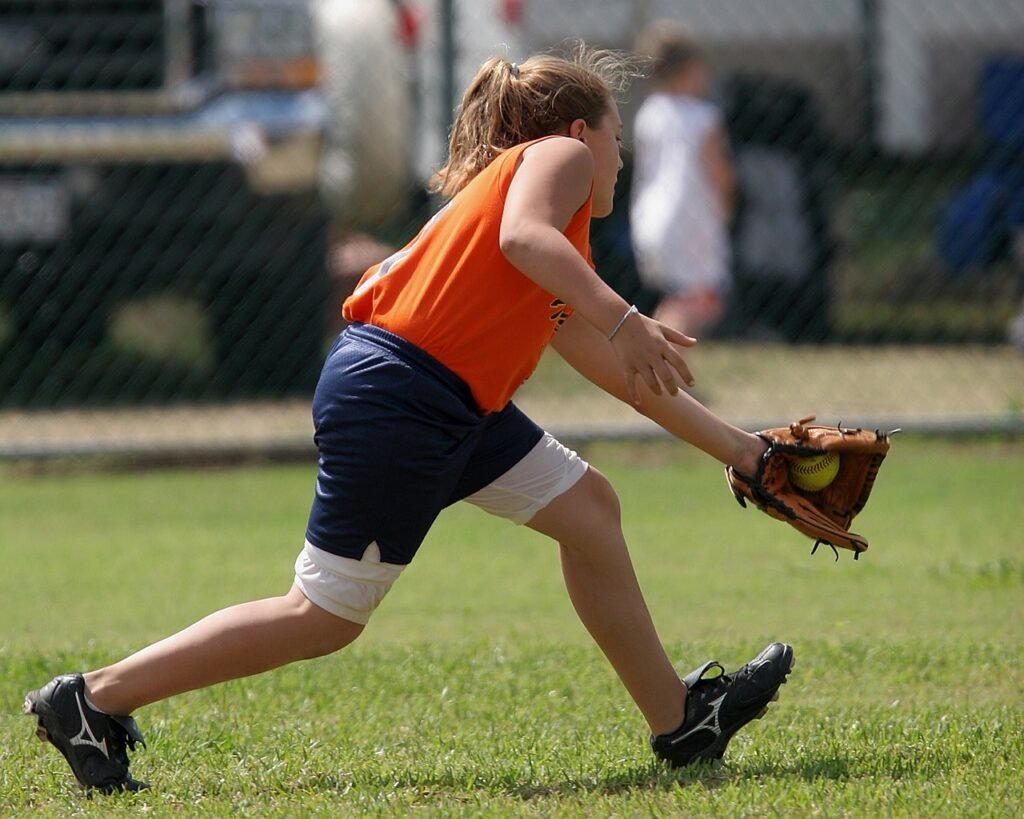out
out
The word “out” generally means that something is not in a place. The interesting thing about this word is that it is often connected to other parts of speech. It can be part of a verb phrase or function as a verb, a noun, an adverb or as an adjective.
- Take out the trash. (verb phrase)
- One more out and the next team comes up to bat. (noun)
- That was a fun outing. (gerund)
- Jeremy was outed by his friend. (verb)
- Do we have any toilet paper? We’re out. (adjective)
- She ran out the door. (prepositional phrase)
- I’m out. (adjective = not in the activity)
- The electricity is out. (adjective = no longer provided)
out
a. out / out of = used up; consumed; not available
When used as an adjective, “out” means that a thing is finished, removed, or consumed. It’s a common way of saying that you don’t have something.
- We’re out of bread.
- I have to get some milk before we run out. (This is a phrasal verb: run out.)
- There are no eggs. We’re out.
- You’re out of time.
- The company is almost out of money.
- A: Are you still in the game?
- B: No, I’m out.
- You’re out! (We don’t want you here.)
- The runner is out at the plate. (This is term used in baseball when a player is removed from a position of offense.)

- We never run out of eggs at my house.
- By the end of the week, we will be out. (out of eggs)

- We are out of time.
b. out / out of = a person is removed from a game or an organization
Sometimes when you say a person is “out,” he or she is removed from the activity.
- A: Are you still in the game?
- B: No, I’m out.
- You’re out! (We don’t want you here.)
- The runner is out at the plate. (This is term used in baseball when a player is removed from a position of offense.)
- I’m out. (I don’t want to participate in this activity.)

- Tony is no longer with our organization. He’s out.

- When the fielder caught the ball, the runner was out.
c. out / out of = a person is not in a place
For people who are expected to be in a location, the word “out” means he or she is somewhere else.
- I’ll be out for the day because I have an appointment.
- Ryan is out for the season due to an injury.
- The doctor is not in today. She’ll be out until tomorrow.
- A: Is Tony in the office?
- B: No, he’s out.

- Our supervisor is out today.
- She’ll be out all day.
d. Many phrasal verbs include "out."
How many phrasal verbs include the word “out?” There are many: back out, bring out, find out, go out, wipe out, move out, take out, throw out.
- Don’t throw that food out.
- Pablo brought out his guitar.
- What will happen if the teacher finds out?
- Miriam stands out among her peers as a dedicated student.
- While driving through a snowstorm, Jose wiped out.
- TSA make airline passengers take everything out of their pockets when going through security.

- When driving on snow, ice, or wet pavement, drivers have to be careful; otherwise, they might wipe out. (wipe out = crash)
